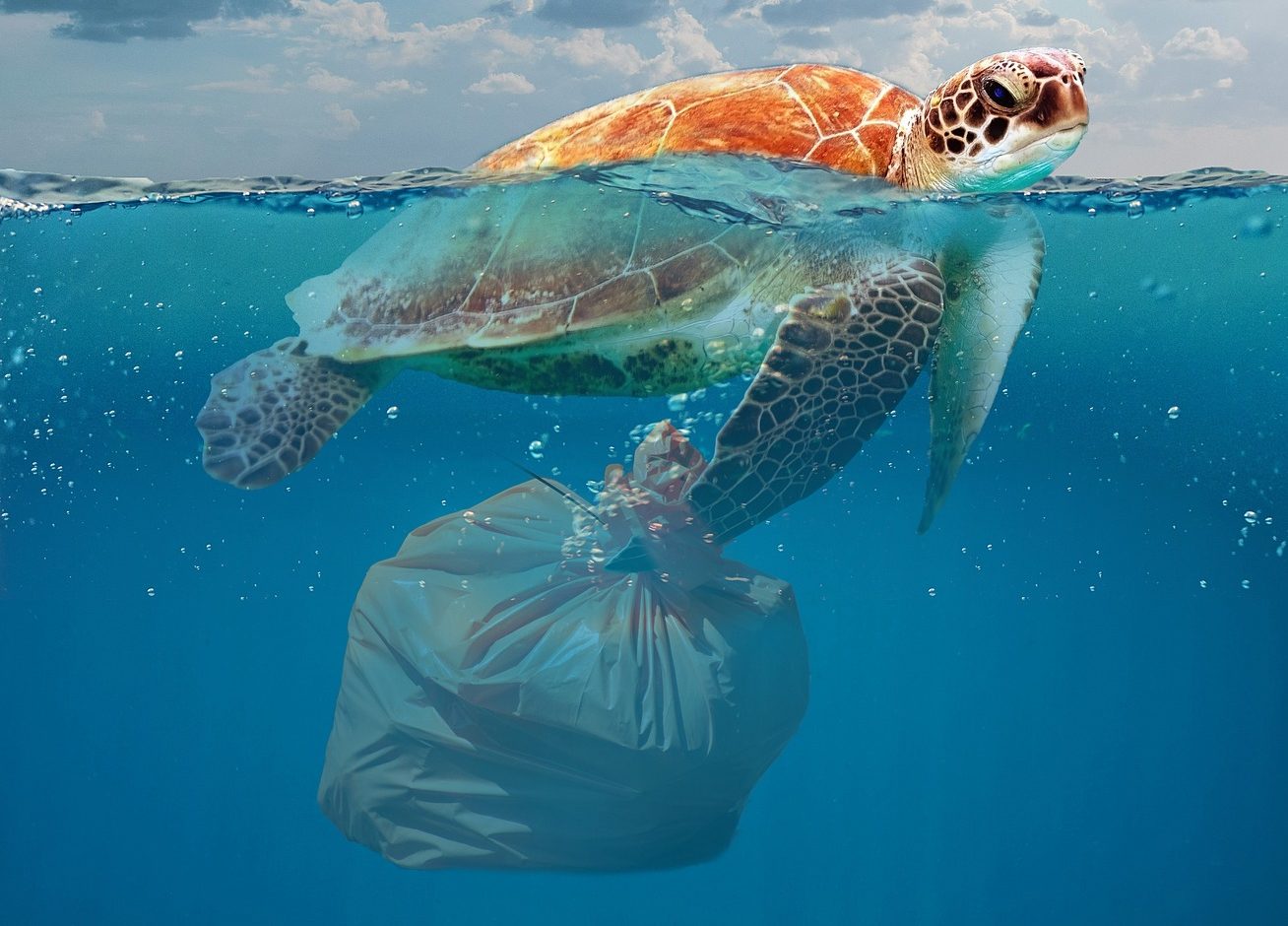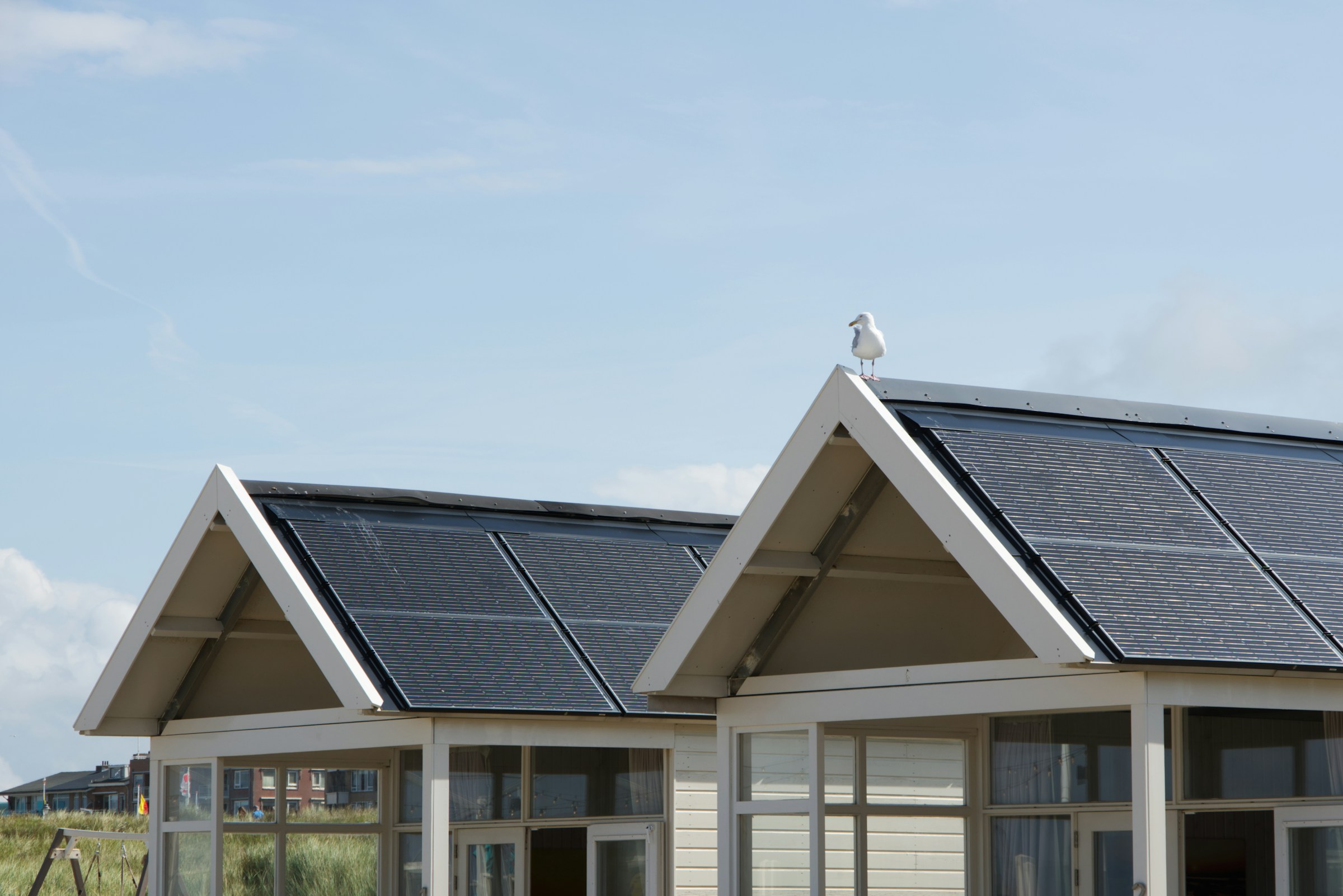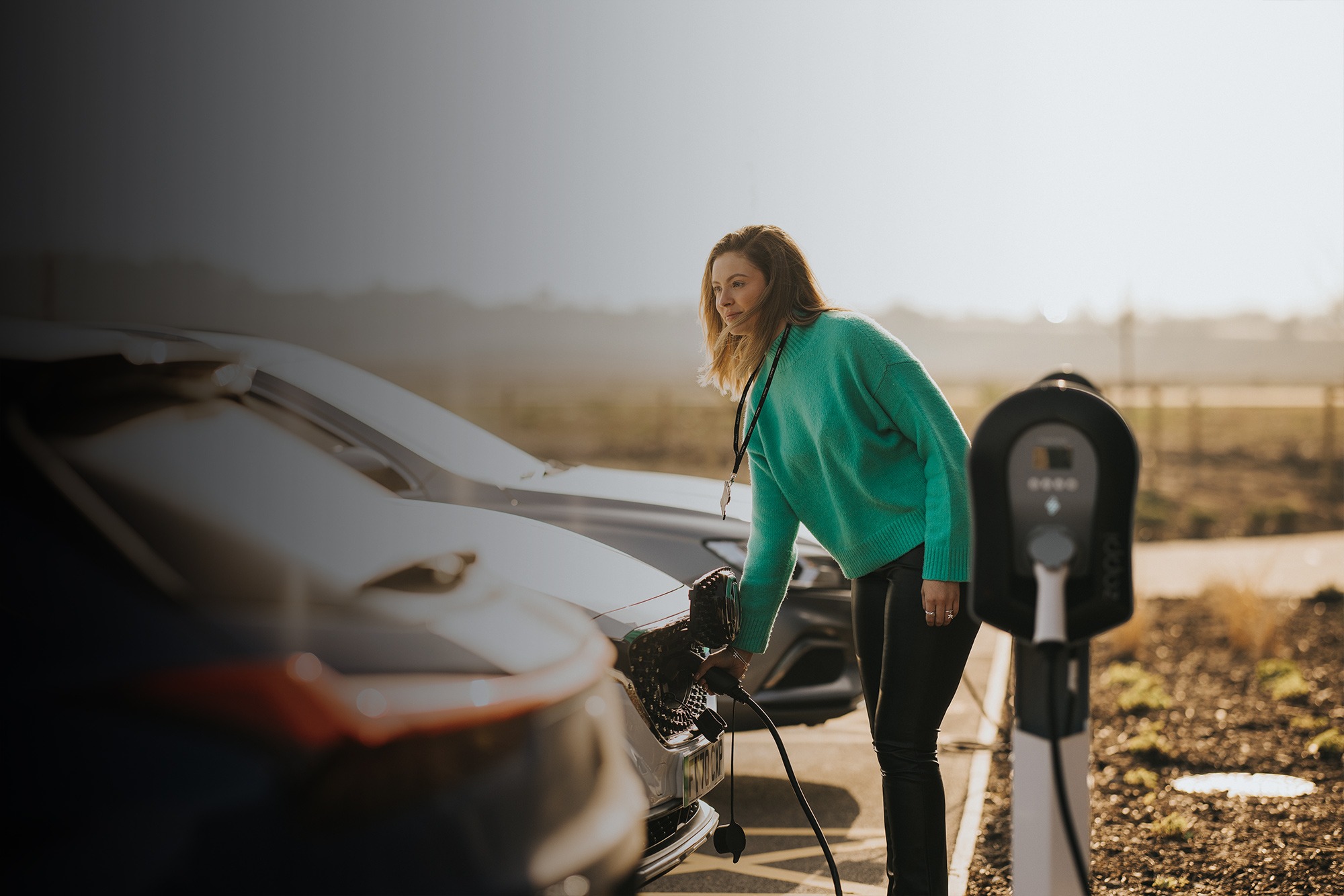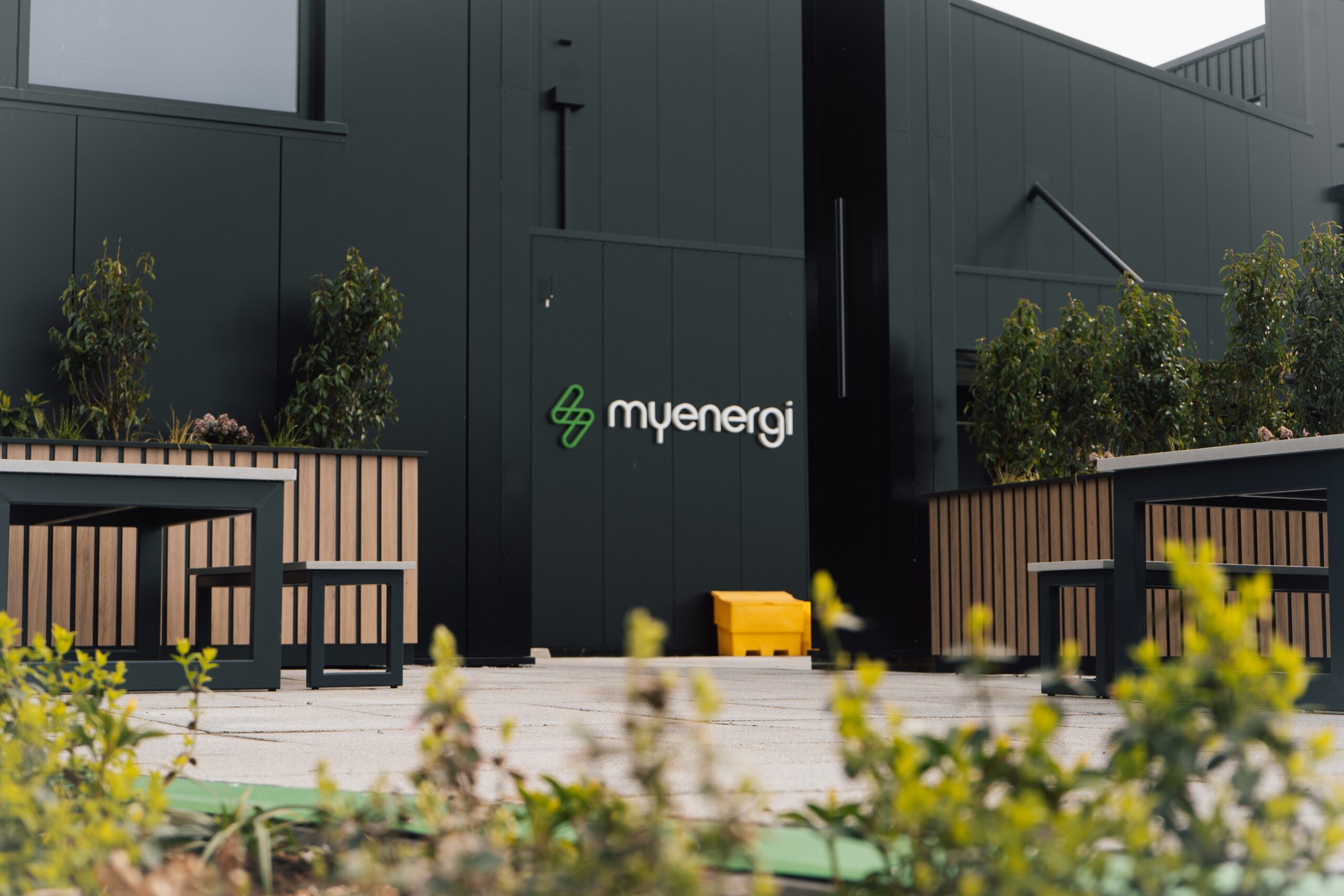Everyday, our planet is savaged by litter, but there are now more plastic free products than ever before.
Companies all over the world are pioneering the plastic free revolution to save our planet, providing environmentally friendly alternatives to our favourite products.
With an estimated 8 million pieces of plastic entering our oceans every day – the need to protect our planet from plastic pollution has never been greater. These heroic businesses are taking the necessary steps to combat these issues and build a more sustainable future.
Why Go Plastic Free?
By 2050, there could be more plastic in our oceans than fish – and it’s not just our waters that are filling up. In every cupboard and on every shelf, single-use plastics dominate our homes.
It’s estimated that in the UK, we bin an average of 21 plastic items each week. That’s 1,071 pieces of plastic each year, or a collective amount of 55.5 billion pieces.
In the six decades since plastic has been produced, we’ve created 8.3 billion metric tons. 91% of this isn’t recycled…
The plastic we throw away ends up devastating our oceans – where it kills millions of marine animals each year. Meanwhile, our litter either goes to landfill or is incinerated – billowing toxic fumes and greenhouse gases into the air.
Studies have shown that plastic is reaching the farthest corners of our earth – with microplastics now being found in Antarctic sea ice and even in our food and water.
This isn’t sustainable and cannot go on, which is why the need for environmentally-friendly replacements has never been greater.
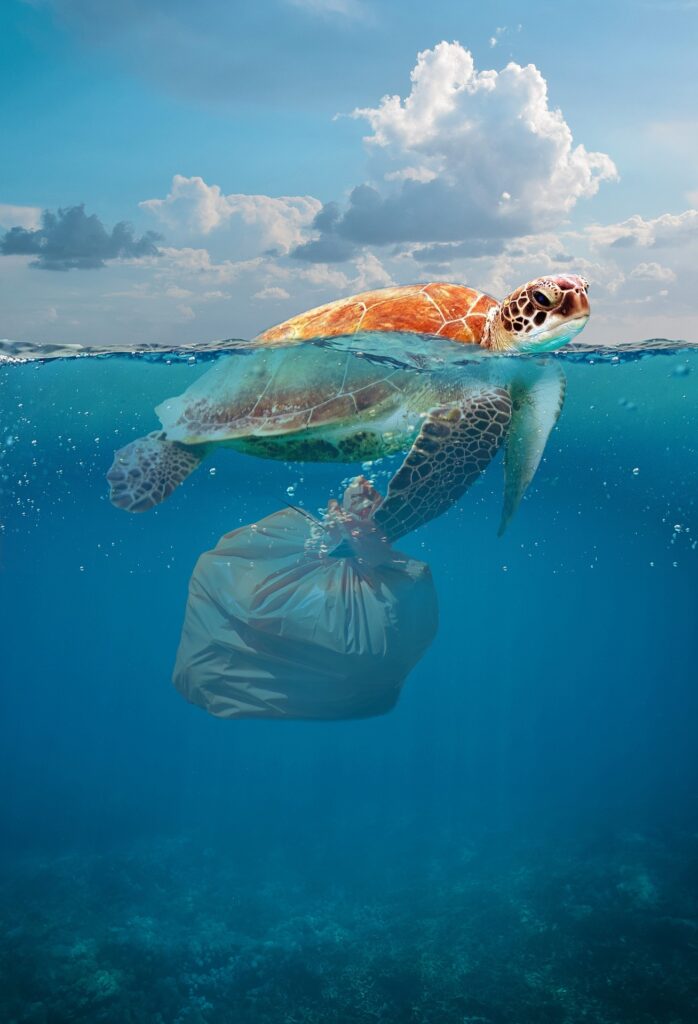
Plastic Free in the Bathroom
Alongside the mountains of plastic food packaging in our fridges and cupboards, our bathrooms have become home to huge amounts of plastic.
While 90% of kitchen packaging is recycled, only 50% is recycled from the bathroom. Unlike grocery shopping, it’s often personal hygiene and beauty products that are the hardest to swap out for plastic-free alternatives.
Wild Deodorant
The incredible people at Wild offer a subscription that delivers plastic free, compostable deodorant to your door.
Wild is also a carbon positive company – meaning that any CO2 they make is countered by planting trees. They also donate sales proceeds to the On A Mission climate charity, supporting their reforestation efforts.
Who Gives a Crap
The Australian company Who Gives a Crap make plastic free tissues, paper towels and toilet paper from bamboo and recycled paper.
They donate half of all their proceeds to sanitation charities in developing countries – building toilets for the 40% of the global population who don’t have access to one.
Face Halo
Face Halo makeup remover pads are a doubly impressive product. They not only replace cotton wool pads and the plastic bags they come in – but they also provide an alternative to plastic-heavy skincare like cleansers and toners.
They also only need water to remove makeup – waving goodbye to harmful and drying chemicals on our faces.
Lush – Naked Range
Cruelty-free and vegetarian pioneers Lush have an entire ‘Naked’ range of plastic and packaging-free toiletries and beauty products.
Their ‘Naked’ collection has everything from package-free shampoos to deodorants, and in total makes 40% of all Lush’s products plastic free!
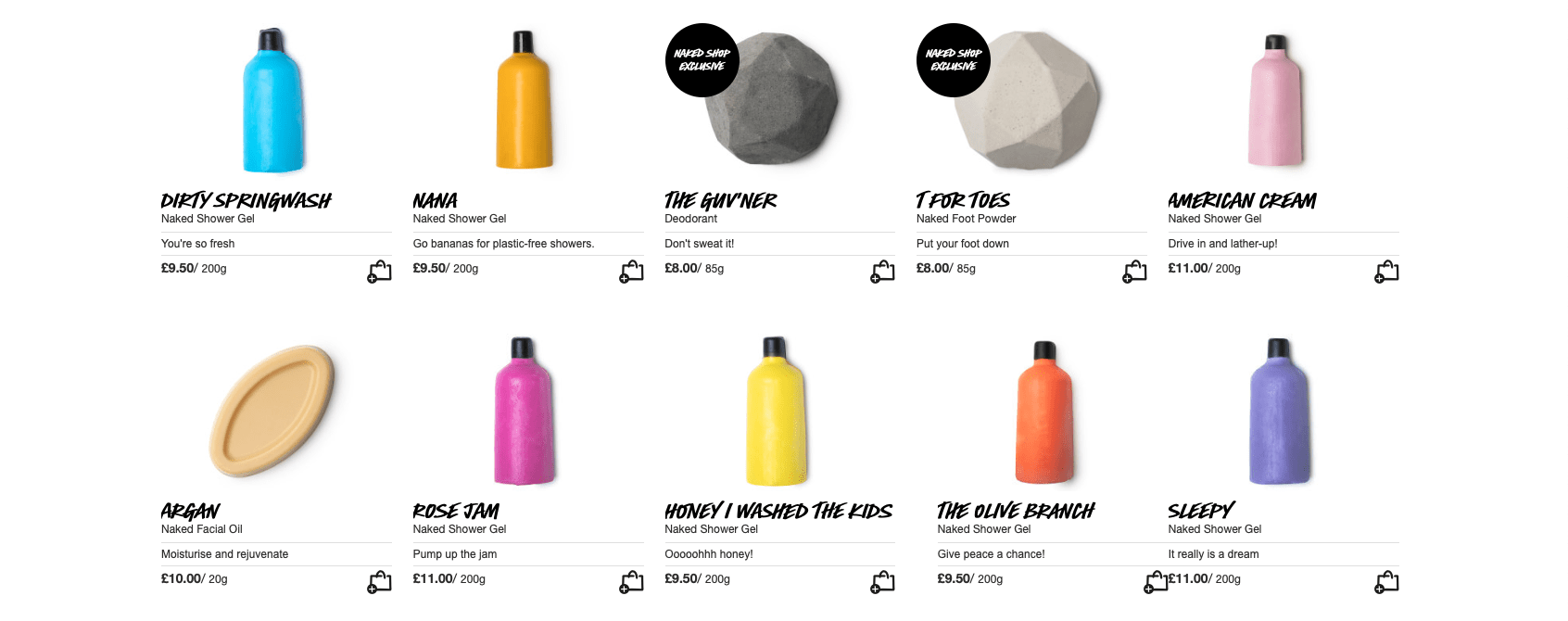
Plastic Free in the Kitchen
According to Which?, it’s estimated that UK supermarkets create 800,000 tonnes of plastic each year – yet large quantities of food packaging is still unrecyclable.
An estimated 52% of all supermarket packaging still isn’t easily recycled – making more mountains of plastic in our fridges and cupboards.
However, the UK Plastics Pact – an initiative launched in 2018 – has been signed by all major supermarkets in the UK.
By 2025, they aim to:
- Eradicate single-use plastics
- Make 100% of plastic packaging reusable, recyclable or compostable
- Ensure that 70% of plastic packaging is effectively recycled or composted
Many of the main UK supermarkets have already paved the way to plastic free grocery shopping – pledging to reduce their plastic packaging and trial entirely package
free sections and aisles.
Waitrose launched an incredibly popular package free trial in Oxfordshire in June 2019, which was then extended and expanded to three other stores in August. They removed the packaging of over 200 of their most popular products, replacing plastic with cardboard cartons where possible.
In 2019, Morrisons also announced they were launching entire plastic free fruit and veg aisles in 60 stores around the UK.
Asda also launched a ‘sustainability store’ in January, where shoppers can go to refill stations using their own containers for essentials such as tea bags and cereal.
The transition to plastic free in supermarkets is hopefully set to become the new normal in the coming years – as more people and companies come to realise their environmental responsibility to our planet.
Plastic Free Shops
There are a growing number of online shops that find, provide and deliver plastic-free alternatives to hundreds of our most-used products – from garden tools and homewares to kitchen items and clothing.
A few of our favourites include:
- The Plastic Free Shop – their most popular items include beeswax cotton wraps, (offering a plastic free alternative to clingfilm) and organic cotton mesh grocery bags.
- Plastic Free Pantry – providing whole foods and pantry staples completely plastic free.
- Plastic Freedom – offering hundreds of plastic free beauty, clothing and homewares.
- Anything But Plastic – a brilliant range of vegan and plastic free lifestyle, bathroom and household products.
At myenergi, we’ll never stop striving for a kinder, brighter and greener world. By taking the smallest steps as individuals, we can unite to generate real and lasting change, and protect our home for future generations.

